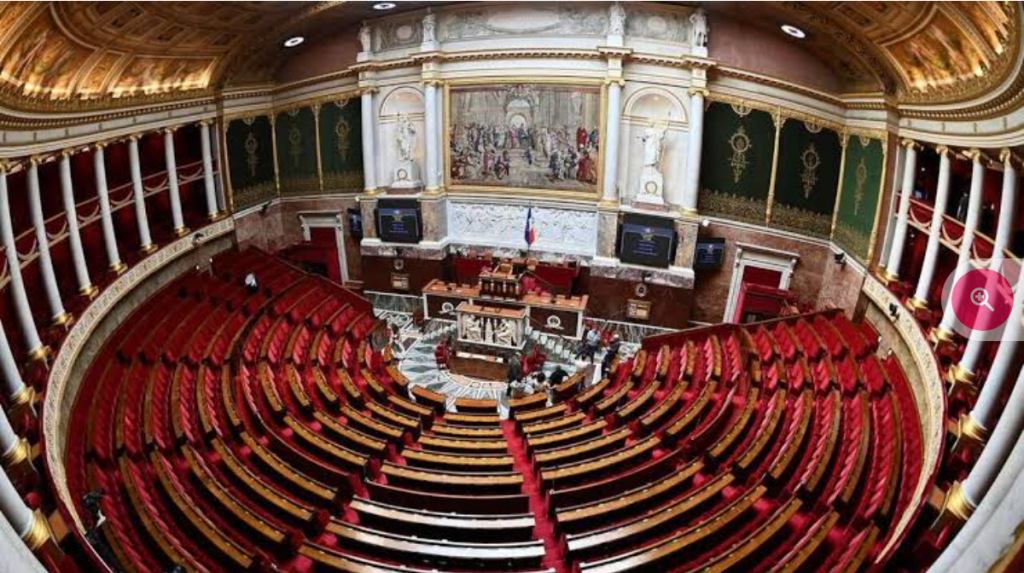The granting of emoluments or rewards to members of parliament and senators in exchange for their votes…..
The granting of emoluments or rewards to members of parliament and senators in exchange for their votes in favor of the ruling power is a practice that raises major ethical and democratic questions. This situation can be analyzed from several perspectives:
-An Violation of the Principle of Separation of Powers
In a democracy, the legislative branch (members of parliament and senators) is supposed to control the executive and pass laws in the public interest. When a government financially or materially incentivizes parliamentarians to support its bills, this creates a confusion of roles and weakens the separation of powers. This can lead to “soft legislation,” where laws are no longer passed based on their relevance, but in exchange for personal benefits.

-A Betrayal of Election Promises
During their campaigns, elected officials commit to specific values and programs with their constituents. Accepting rewards in exchange for their vote often means that they prioritize their personal or partisan interests over the common good. This attitude can be perceived as a betrayal of the citizens who have placed their trust in them.
-A form of disguised corruption
Even though some of these practices are sometimes legalized in the form of official benefits or compensation, they are akin to a form of political corruption. Passing a law should be based on an analysis of its impact on society, not on financial motivations. In some countries, these practices are punishable by law, but they remain difficult to prove because they can take subtle forms such as promotions, benefits in kind, or hidden funding.
-The impact on citizen trust
These practices contribute to the erosion of people’s confidence in their institutions. When citizens realize that their representatives do not honor their commitments and are swayed by rewards, this reinforces the feeling of mistrust and encourages abstention or rejection of the political system. This can also fuel protest movements and encourage the rise of populist rhetoric denouncing collusion between political and economic elites.
Members of the National Assembly and Senators who accept emoluments in exchange for their votes are failing to fulfill their primary mission: to represent and defend the interests of their constituents. This practice harms democracy, weakens the separation of powers, and fuels corruption. Combating these abuses requires greater transparency of parliamentary decisions, strengthened oversight, and strict sanctions against abuses. To restore citizens’ trust, it is essential that elected officials act with complete independence and in the interest of the common good.



